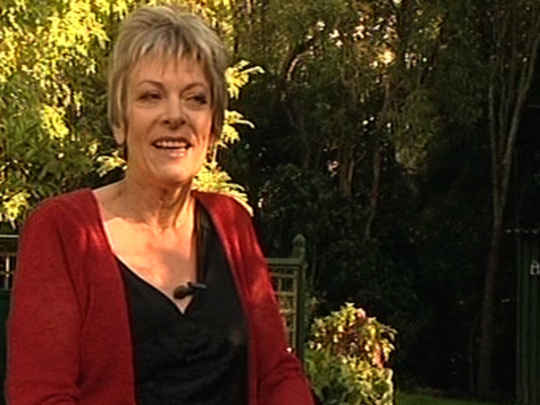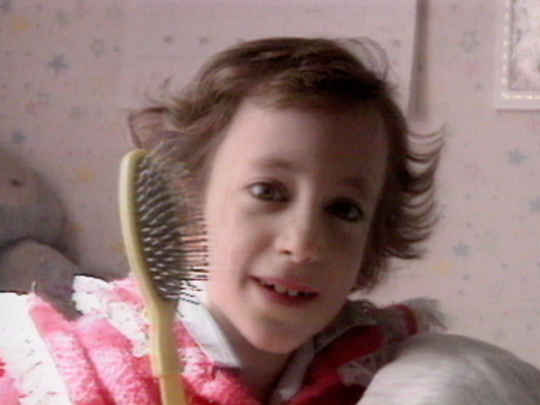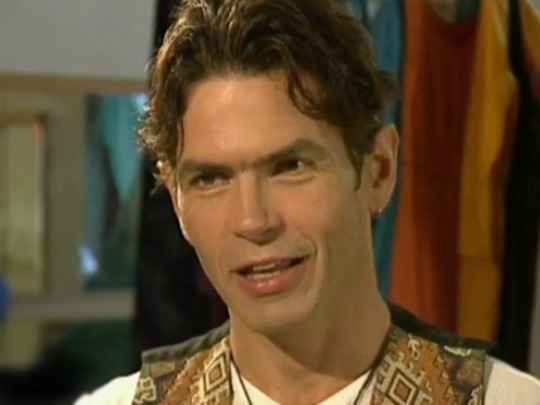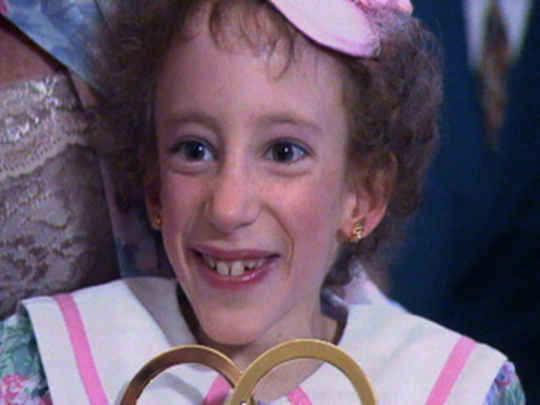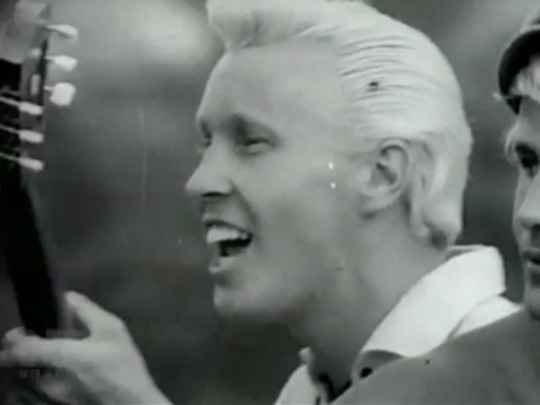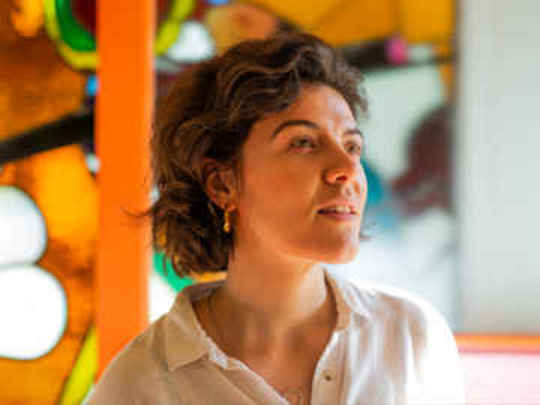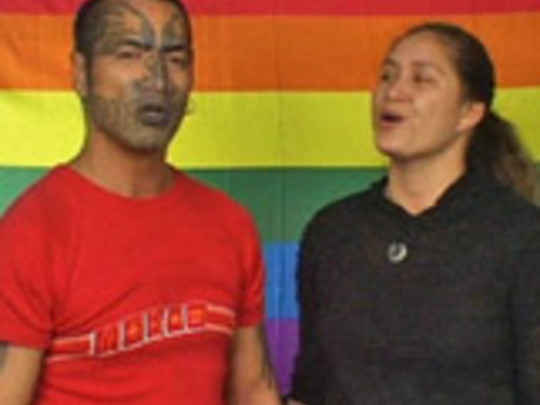I Am Living with HIV (First Episode)
Television (Full Length) – 2018
It was Saturday the 24th of July 1993. I had just been swept off my feet by an African musician called Peter, and I had just had my first one-night stand. I did not know he was HIV positive. That morning Peter was as charming as ever. He made me breakfast...
– Marama Mullen on her encounter with Peter Mwai
The nurse said 'I'm sorry to say but it's come back positive' . . . They basically told me I had eight to 10 years to live, that there was no cure, there was no medication. They also told me to forget having children, and it was a death sentence.
– Marama Mullen recalls the moment of finding out that she was HIV positive
...I determined that Peter Mwai had been diagnosed with HIV in May 1993, and that he would have known that he had HIV when he had unprotected sex with the Auckland woman. I subsequently arrested Peter Mwai for a charge of willfully infecting with a disease, namely HIV. I was concerned that this woman may not be the only woman involved, and there might be others who were at risk.
– Detective Sergeant Mark Kaveney on what happened after hearing from a solicitor representing another woman who had encountered Peter Mwai
We kind of got the courage to tell other people in the community, and in our whānau and hapū and iwi, and the negative response was just awful.
– Marama's mother Apihaka Mack on the stigma they faced as a result of the diagnosis
I asked him to wear a condom. He said he didn't need to. He got a little bit defensive; he kind of said 'you know look at me, I'm healthy. I have a healthy child'.
– Marama Mullen on how Peter Mwai infected her with HIV
The hardest part was actually going through the court trial. It was a test case, it was unheard of . . . I was the only woman they could find that was infected by him after June 1993, that they could say he had knowledge that he had HIV before he met me. So the pressure through police, the media was really on me.
– Marama Mullen on going to court against Peter Mwai
I changed my name. I tried to change what I looked like. I moved around a lot. I was living to die. I didnt think I had a future.
– Marama Mullen on how the HIV diagnosis affected her
He said it’s time to start medication . . . the first six months were awful; I was incredibly sick. But I went from one million viruses per blood cell, to less than 50. They said 'well you could live another 30 or 40 years'.
– Marama Mullen on starting lifesaving HIV treatment after visiting her doctor
I thought I'm going to start making people aware. Treat me as a person, not as a patient or a number . . . So we founded INA in 2008, and that was for Māori and Pacific and indigenous people living with HIV, and for those communities affected by HIV. And I just threw my entire will and purpose behind building a credible organisation.
– Marama Mullen on founding organisation INA
This episode’s biggest asset is Mullen herself, who tells her story in a way that no performer ever could. There’s no artifice, no need to play up what’s happened to her; she tells her story with the maturity and grace that you’d expect from the woman who founded INA . . . There are no cinematic bells and whistles to make her compelling, they just place the camera on her and let her talk.
– Writer Sam Brooks in a review of this documentary, The Spinoff, 12 June 2018
It turns what is theoretical in the brains of so many of us into something real and immediate . . . The stories I Am has chosen are important ones to highlight, not least because they’re chronically under-explored.
– Writer Sam Brooks in a review of the I Am series, The Spinoff, 12 June 2018


